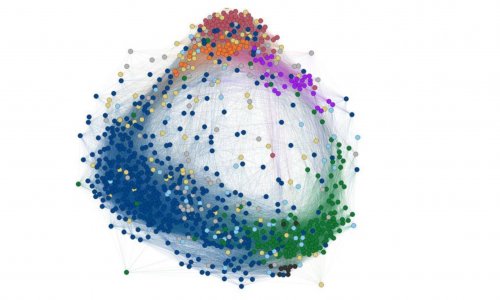Mutations
Dutch scientists build colon cancer progression model
Scientists from the Hubrecht Institute and the University Medical Center Utrecht (UMC Utrecht) have developed a cell culture model of human colon cancer progression. This model mimics the situation in patients more closely than any other colon cancer model so far. It enables researchers to study processes involved in colon cancer development and find new cancer drugs.

Colon cancer is one of the most common and deadly forms of cancer. Like all cancers, it arises through an accumulation of DNA changes (mutations) in the cell’s genome (the genetic information in a cell). In contrast to healthy cells, many colon cancer cells have very unstable genomes and generally contain hundreds to thousands of mutations. This makes it difficult to determine which mutations are essential for cancer development and survival. Those mutations could be targeted for therapeutic intervention. However, until now no good human model systems to study such mutations exist.
Organoids
The recent development of the organoid technology by the research group of Hans Clevers allows the culturing of healthy human tissues under laboratory conditions. Organoids functionally recapitulate the organ of origin and are genetically stable. Utilizing this technology, the Clevers lab has now successfully engineered a colon cancer progression model in organoids from human small intestine and colon.
Genome editing
Jarno Drost, researcher in Hans Clevers’ research group, and his colleagues utilized the genome editing system CRISPR/Cas9 to introduce specific mutations in four of the most commonly altered genes in colon cancer (KRAS, APC, TP53 and SMAD4) and performed an in-depth analysis on their contribution to cancer development. Drost and colleagues showed that mutating these four genes is sufficient to convert a healthy intestinal cell into an invasive tumor cell. The model published in Nature can be used to study processes involved in colon cancer development and for cancer drug discovery.
Reference
Drost J, Van Jaarsveld RH, Ponsioen B, Zimberlin C, Van Boxtel R, Buijs A, et al. Sequential cancer mutations in cultured human intestinal stem cells. Nature, 29 April 2015.
Source: UMC Utrecht
04.05.2015





